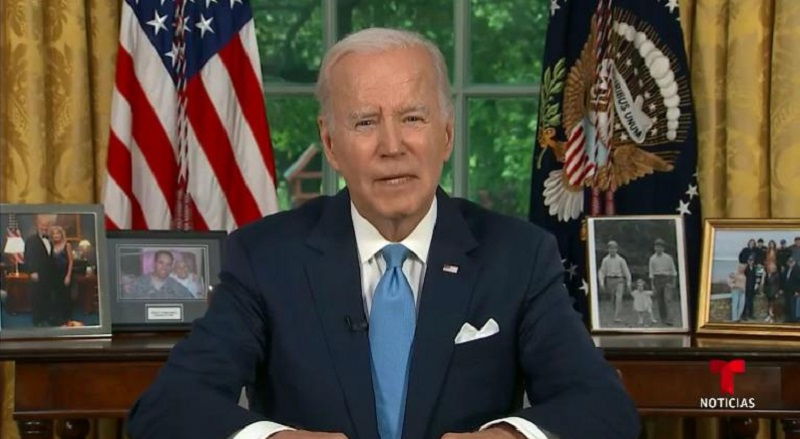The president signed the bill just days before Treasury officials warned the department would run out of money to pay the nation’s bills, potentially triggering a recession and harming the economy, The Hill reported.
The Senate passed the bill on Thursday night with a bipartisan 63-36 vote. The House had passed the measure a day earlier in similarly bipartisan fashion, with a 314-117 vote.
Members of both parties found items in the legislation to dislike. Many conservative Republicans felt the agreement did not do enough to curb government spending, while progressive Democrats were particularly upset by the additional work requirements.
Another controversial issue was the withdrawal of funds allocated to the Internal Revenue Service to be used to fight off tax evasion by the wealthiest, and the relaxation of measures to limit the approval of new hydrocarbon exploitation projects.
Punting the debt ceiling issue beyond the 2024 election gives Biden and other lawmakers running for reelection a reprieve, as it takes the possibility of default off the table.
“Nobody got everything they wanted, but the people got what they needed,” President Biden said.
However, according to the National Association for the Advancement of Colored People of America (NAACP), the regulation “reflects misplaced priorities.”
Although the bill effectively prevents the country from defaulting on its payments, Derrick Johnson, NAACP CEO and President, expressed concerns over the compromised elements of the legislation. In a statement released on Friday, he stated that the bill weakens environmental protection measures, diminishes the capacity of the Internal Revenue Service (IRS) to collect revenue, and introduces burdensome requirements for individuals seeking public assistance. Johnson further criticized conservative legislators for giving precedence to corporations and wealthy individuals over the well-being of marginalized communities.
Democratic Rep. Jim McGovern expressed anger that the new bill would cut food benefits for the poorest without doing anything to raise taxes on the wealthy or rein in military spending.
“Improving benefits for some does not justify putting 700,000 seniors at risk of losing critical life-saving food benefits,” the congressman remarked.
pll/lam/ifs









